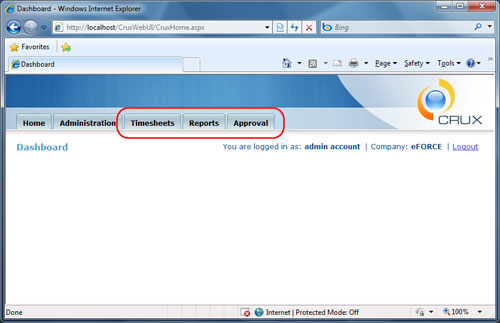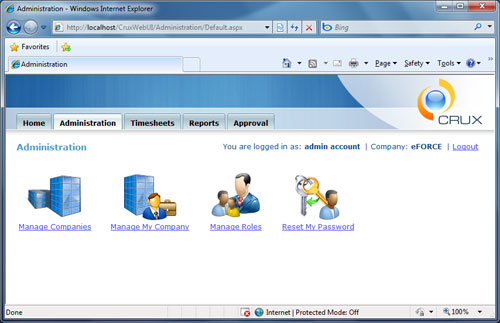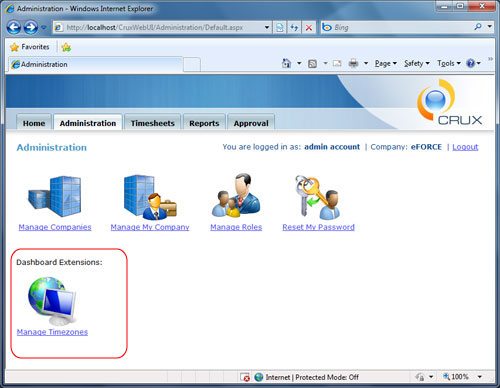It All Begins With A Demo Or A Road Show
'We have an application that does not do much and we have a marketing road show lined up next month. We need to build a few new features quickly.' --- The Vice President of marketing at a fairly famous multi-functional scanner company; which for the purposes of this post shall be called Multiplitaxion Inc; tells us.
When the messages reaches me; my ears perk up.
I can clearly hear and sense the direction of our project changing abruptly and suddenly because someone from marketing pointed in a different direction for the fifth time.

I suddenly become attentive --- in a meeting where I would have otherwise dozed off.
The Negotiation.
You have mastered the art of saying no. With your amazing story-telling and articulate explanations you convince the vice-president that all your team can build till the road-show; is a prototype.
What you mean; when you say all your team can build is a 'prototype'; is that your team needs is a license to build crap that they will neither have to build-on-top-of; nor support in future.
Something that gets thrown away after the demo.
What your vice-president-of-marketing means; when he says you can build a 'prototype'; is that he needs a version-1 of a fully functional product which he can show to potential customers.
Something that gets sold after the demo.
Marketing demos or road-shows alter and change your product backlogs all the time.
Marketing demos or road-shows change priorities all the time.
Marketing demos or road-shows result in creation or 'prototypes' that will be 'thrown after later' all the time.
And there is nothing wrong with that --- till the time you, your team and your organization does not start indulging in what I like to call --- 'Demo Driven Development'.
Demo Driven Development
Every time you are about to do on a product demo or a road show and flaunt your product you will be faced with strong temptations to add new features that might woo your potential customers in the next demo or product road show.
When your vice president of marketing tells you that you have a demo or a road-show coming and that you need to build something really 'quickly' what he is tell you can translate into one or more of the following:
- We are now going to move to deadline-driven-development.
- Sky is going to start falling and things are going to get ugly.
- The famous negotiations between marketing and development teams are going to now begin.
Usually; dear reader; it translates into all three.
The next time your vice president of marketing comes up a set of features that you absolutely must have during the demo; exercise your very own personal judgment and ask yourself if the feature is worth building before you try to 'squeeze-it' into the product backlog.
When you say 'yes' to building something; you accept the responsibility of supporting it for a very long time. We have all seen requests to add features or requests to change things on a prototype that was built to prove a point in a demo and was supposed to be thrown away later.
We have all seen these prototypes snowball into version-1 products and then a three year project needing a lot of fire-fighting.
Remember; you do not 'have to' have every single feature your competition is going to demonstrate in a road-show. There is nothing wrong with going to a demo or a road-show with product that is crappy and incomplete.
If your product is built on a strong idea; if it is genuinely remarkable and if your story-telling is genuinely good; your customers will connect to your organization and flock to product; even if your product has elements of crapiness or incompleteness attached to it.
Don't let 'Demo Driven Development' become the development methodology for your next product; dear reader.
I wish you good luck.











Comments are closed.